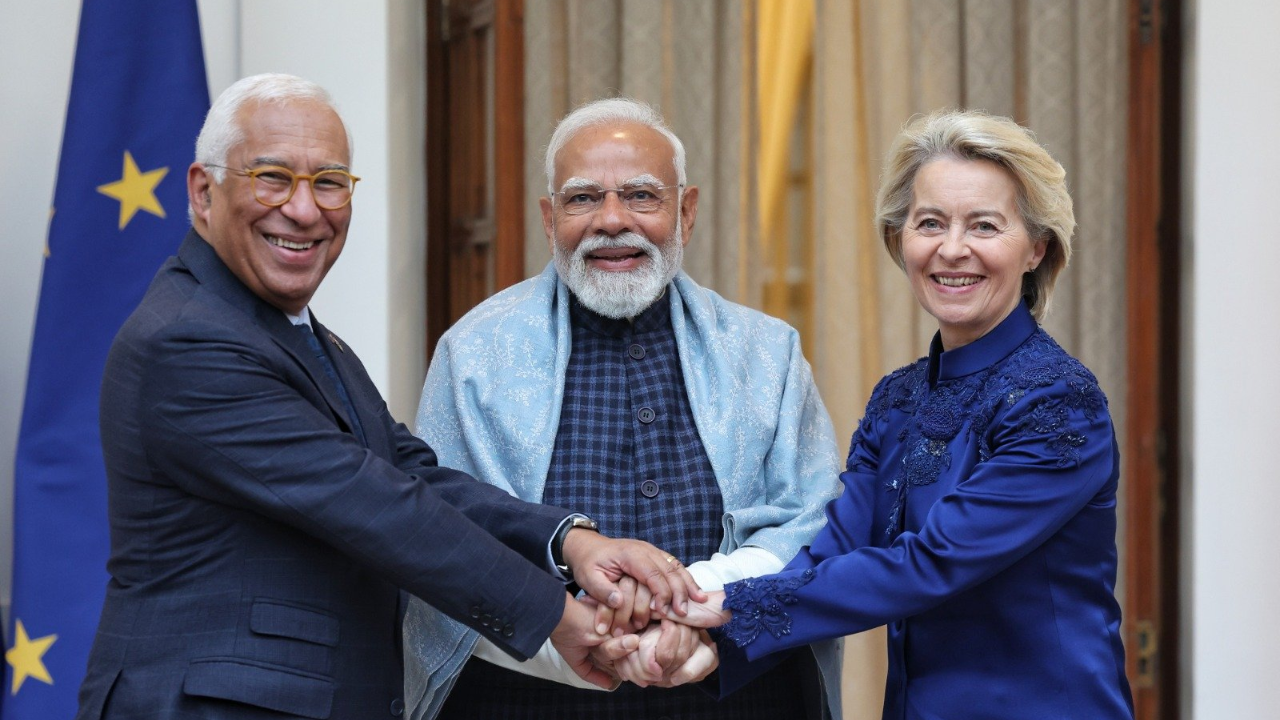In today's rapidly evolving digital world, marketers' roles have significantly transformed. While traditional marketing ideas are still taught in business schools, they have grown to include a wide range of technical innovations.
This combination of conventional knowledge and cutting-edge technology has transformed how we approach marketing initiatives, resulting in a dynamic and results-oriented environment.
Traditional marketing education, which focuses on the four Ps (product, price, place, and promotion), gives a solid basis for understanding market dynamics and customer behaviour. These concepts are critical, particularly during the early stages of developing and advertising a new product, to ensure that campaigns reach even the most tech-averse consumers.
Modern marketing, on the other hand, goes beyond these fundamentals. It employs massive amounts of data, artificial intelligence (AI), machine learning, and automation to accomplish precise targeting, real-time tracking, and personalisation.
Bridging traditional and tech-driven marketing
However, the human touch—emotional intelligence and an intuitive grasp of customer behaviour—remains essential. By integrating these characteristics, marketers may create well-rounded and highly effective tactics that engage strongly with their target demographic.
One of the prominent examples includes Flipkart’s Big Billion Days campaign. It seamlessly blended traditional marketing tactics, like TV and print ads, with advanced digital marketing strategies, including social media, email, and app notifications. By leveraging AI and ML for personalised customer experiences, this campaign has become one of India's most anticipated online sales events, driving substantial traffic and sales growth.
The role of technology in decision-making
Technology is critical to modern marketers' decision-making processes. For example, technology is essential not only to the design but also to the marketing strategy of breakthrough items such as smart switches, smart door locks, and other smart home gadgets.
Marketers may use advanced analytics for a better understanding of customer behaviour and segment markets, allowing for highly targeted ads that appeal to certain demographics. Furthermore, automation technologies improve campaign management by making it simpler to distribute personalised content and communicate with customers in relevant ways.
This technological advantage improves the marketer's capacity to interact with customers, increasing engagement and conversions. In the highly competitive market of today, new goods need a high-tech marketing strategy.
Balancing experience with technological expertise
An effective marketing team combines traditional experience with cutting-edge technology knowledge. In talent acquisition, it is critical to identify people who have a thorough foundation in traditional marketing concepts as well as proficiency with the most recent technical tools. This balance guarantees that the team can use both past insights and current data to develop plans that are both new and successful.
Young marketers tend to offer a high level of expertise in digital technology and social media, which are critical in today's scenario. Their innovative thinking and agility help to develop new methods that are in line with current consumers' changing tastes.
On the other hand, experienced marketers bring significant insights gained from years of experience, helping to advise and steer tech-driven projects with a deeper understanding of consumer behaviour.
A notable example of balancing experience with technological expertise includes Swiggy's IPL campaigns, which expertly combined traditional advertising via TV and print media with cutting-edge technological tactics such as social media engagement, interactive posts, and in-app promotions. This strategic balance boosted brand visibility and fan engagement, driving higher app downloads and increased orders during IPL seasons.
The value of instincts and insights
The idea that skilled marketers rely more on intuition and insights than on technology is not a myth. It demonstrates years of expertise and a thorough grasp of the market and consumer psychology. This intuition is vital, and when paired with the accuracy of data analytics, it makes for a strong marketing strategy.
Experienced marketers frequently use their intuition to assess data and influence strategic decisions. They recognise that, while technology may bring tremendous tools and insights, the human element—empathy, storytelling, and the capacity to connect emotionally—is what ultimately drives customer engagement and loyalty.
Therefore, the perfect marketing plan integrates technological capability with intuitive insights, generating campaigns that are both data-driven and highly personal. The Finolex Cables campaign featuring Kiara Advani and an influencer dog stood out as a modern evolution for a brand aiming to engage the youth. While the concept was contemporary, the idea of using a dog was derived from valuable insights from experienced marketers.
The future of marketing
Looking ahead, the future of marketing lies in the harmonious coexistence of creative and analytical approaches. Experienced marketers will continue to play an important role in mentoring the next generation, showing them how to use cutting-edge technology while maintaining the human component of marketing.
While we continue this technological journey, we must treasure the art of true connections. Marketers should be equipped with cutting-edge tools and technology, without neglecting the power of empathy and narrative.
In a rapidly changing environment, staying curious and agile is a key to success. For the upcoming generation of marketers, the ability to balance data-driven insights with authentic, human-centric engagement will be paramount.
By adapting to new technologies and maintaining a focus on compelling storytelling, they can create vibrant and impactful campaigns that resonate with diverse audiences.
Amit Mathur, president—sales and marketing, Finolex Cables.





